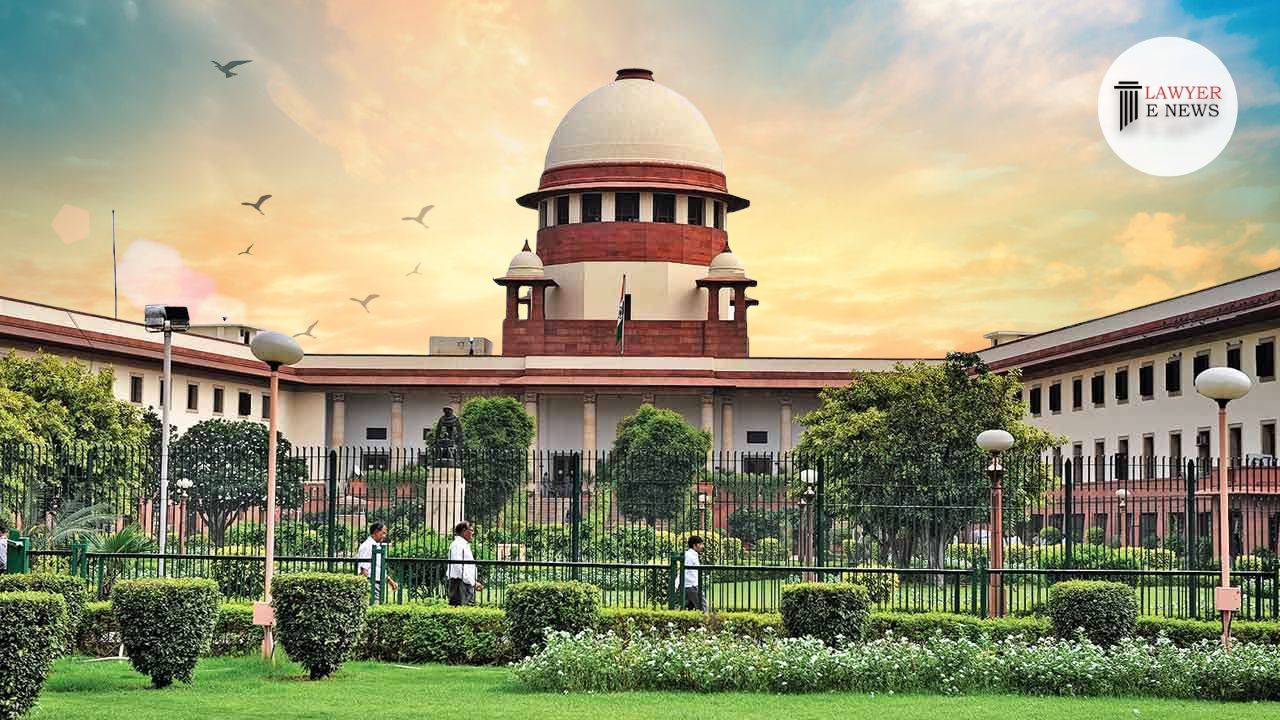-
by sayum
14 February 2026 2:22 PM



In a significant ruling on procedural improprieties, the Supreme Court of India today overturned decisions by both a trial court and the High Court, which had previously condoned an extensive delay in a restoration application filed by a non-party, P & S Nirman Pvt. Ltd. The apex court held that such condonation is “totally unsustainable in law.”
Legal Point: The core issue revolved around the legal standing and appropriateness of allowing a non-party to the original proceedings to seek condonation of delay. The Supreme Court emphatically clarified that proceedings should not entertain applications from those not originally involved in the suit, as it “could lead to misuse by unrelated parties intervening in judicial processes.”
Facts and Issues: The appeal stemmed from a disputed decision where a non-party, claiming rights based on an unregistered agreement with the legal heirs of the original plaintiff, was allowed by the trial court and upheld by the High Court to restore a dismissed suit concerning land acquisition. This suit had been dismissed for lack of prosecution back in 2011. The non-party, P & S Nirman Pvt. Ltd., had not been part of the original proceedings but sought restoration nearly ten years later, asserting interests acquired through an agreement made in 2009.
Legitimacy of Non-Party Applications: The Supreme Court criticized the lower courts’ decisions to entertain and approve applications from non-parties, asserting, “If the approach as adopted by the trial court is approved, any Tom, Dick and Harry would be permitted to move an application for condonation of delay in filing an application for restoration of the suit even if he is not a party to the subject suit.”
Judicial Integrity: Justice B.R. Gavai, in his judgment, emphasized that accepting such applications undermines the integrity and proper administration of the law, necessitating adherence to established legal principles centered around party-based litigation.
Pending Applications by Actual Parties: The Court noted that the application for condonation of delay filed by the actual parties (legal heirs of the original plaintiff) in 2019 was still pending, questioning the necessity and propriety of considering a subsequent application by a non-party.
Decision: The Supreme Court quashed the judgments of the High Court and the trial court, setting aside their orders that allowed the condonation of delay and the restoration of the suit filed by the non-party. The case was remanded back to the trial court to consider the pending application by the original plaintiff’s legal heirs on its own merits, explicitly instructing that this should occur without the influence of non-parties.
Date of Decision: May 8, 2024
Vijay Laxman Bhawe Since Deceased Through His Legal Heirs v. P & S Nirman Pvt. Ltd. And Others
